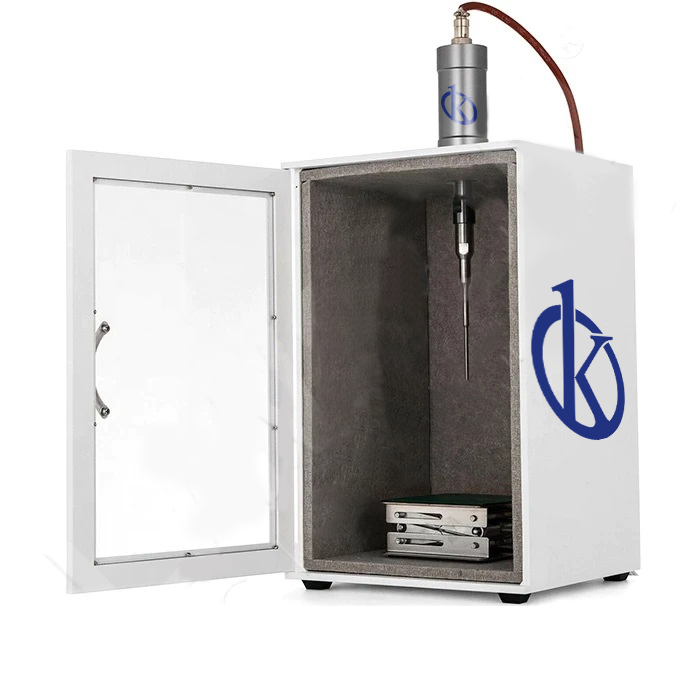A homogenizer is a very important piece of equipment among the components of a laboratory, because it allows to carry out the homogenization process of different types of materials; such as tissues, food, plants and other biological or chemical elements.
You must bear in mind that homogenization is a very common step in the preparation of biological samples in laboratories, such as before the analysis of nucleic acids and proteins, or the study of cells, metabolism, bacteria, fungi, parasites and viruses as well. as in other scientific purposes.
Currently on the market there are many models of laboratory homogenizers, so you must be clear about the specific function that each of these equipment performs so that you can choose the one that best suits your needs.
What is a laboratory homogenizer used for?
Homogenizers are common in clinical and research laboratories. In cell culture and microbiology laboratories they are often used to suspend cells. In a clinical laboratory it can be used to mix test reagents or to mix an experimental sample and diluent.
Laboratory homogenizers are used to guarantee that all the components of the prepared suspensions have the same characteristics. They are also used for gentle mixing for fast and accurate resuspension of cells and components of chemical and biological liquids in tubes. Because homogenization is a key process in the preparation of samples of biological origin, prior to the analysis of nucleic acids, proteins, cell studies, metabolism, and pathogens.
Homogenizers are vitally important and highly useful in most food and beverage, cosmetic, science and technology industries, as well as many other industries where the manufacturing process must be combined and emulsified.
Type and models of homogenizers
There are three main types of laboratory homogenizers:
- Fluidized bed homogenizer: This type of homogenizer that works with a process in which an ascending stream of fluid that can be liquid, gas or both, suspends the solid particles; which behave like a fluid. This homogenizer is regularly available in large sizes, which is often inconvenient for laboratories.
- Rotor-stator homogenizer: They are equipment with a system designed to achieve excellent homogenization due to a rotor with bladed blades that rotates in a stationary state at high speed, having holes through which the fluid moves. It also allows in many cases multiphase configurations of rotors and stators and special ultra-fine meshes that provide high intense shear, further reducing homogenization times by reducing the number of recirculation steps required.
- Ultrasound homogenizer: It has a mechanical process in which the particles in a liquid are reduced, with the aim of obtaining uniformity in their size and distribution (improving the stability of the product). This type of homogenizers are on the market for both laboratories and on an industrial scale, they come in various sizes to suit your needs.
At Kalstein we are MANUFACTURERS of laboratory equipment so we offer you innovative laboratory homogenizers at the best PRICES on the market. That is why we invite you to take a look at the Products menu. HERE

